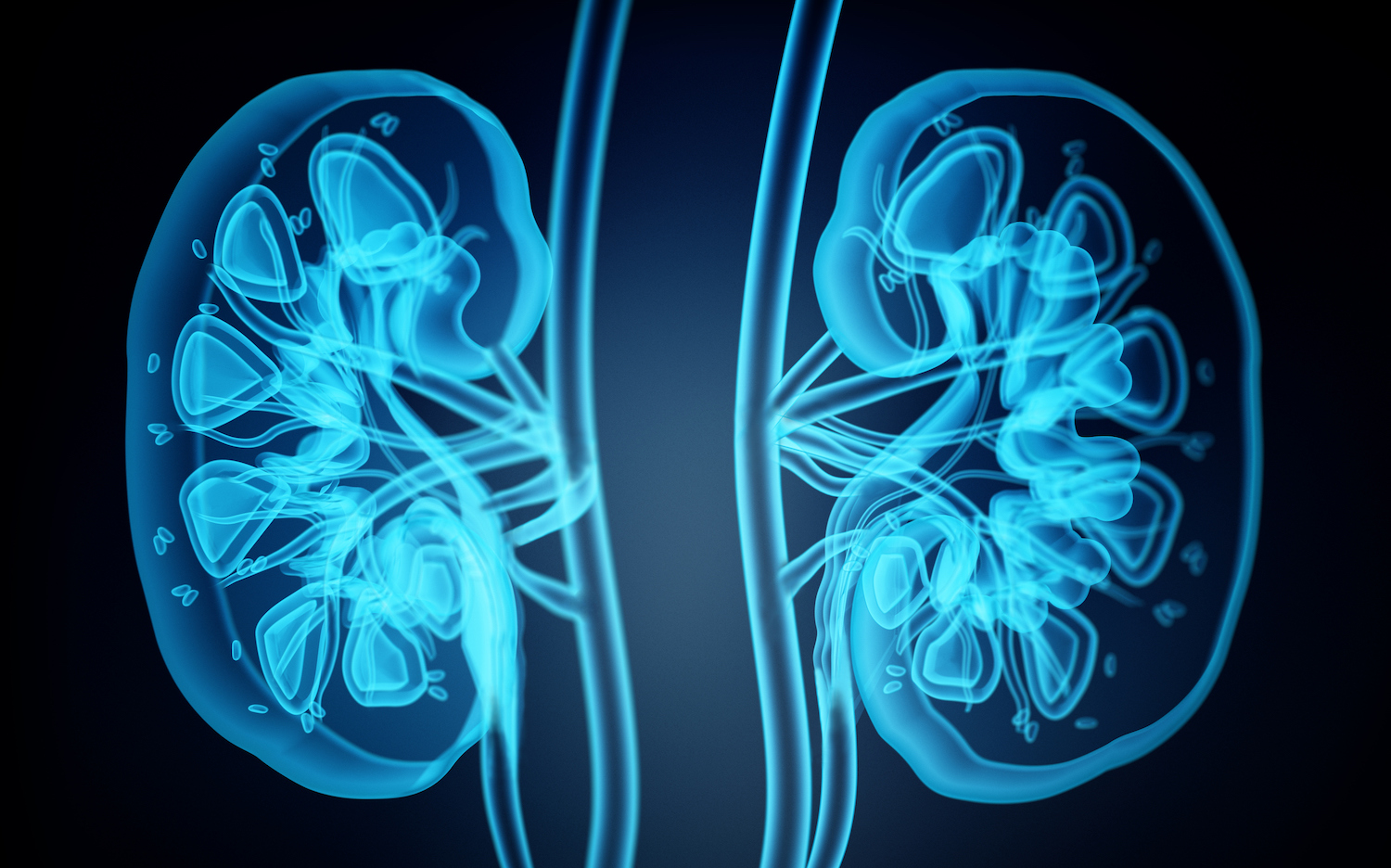A study by researchers at Johns Hopkins University School of Medicine and Revivicor, a subsidiary of United Therapeutics, shows consistent survival observed in consecutive kidney xenotransplantation cases from pigs to nonhuman primates (NHPs) Rate. This study is the first report of pig-to-NHP kidney xenotransplantation using a source pig with 10 genetic modifications (termed 10GE pig).
Additionally, the study demonstrates the feasibility of a compliant method of harvesting and preserving pig kidneys. The results show that kidneys obtained from 10GE pigs in a designated pathogen-free (DPF) facility can be effectively preserved and successfully transplanted after 35 hours of refrigeration.
This study is significant because it bridges the long-standing divide between NHP and clinical transplantation immunosuppression strategies. This is the first case to show that genetically modified pig-to-baboon kidney transplants can survive for long periods of time using conventional immunosuppression already available in clinical settings. The data presented provide important definitive evidence for the safety and feasibility of human kidney xenotransplantation in clinical settings.
research articles, Sustained survival in porcine kidney xenotransplantation cases using continuous life support from 10GE pigs, Published on nature communications.
The road to regulation of kidney xenotransplantation
Xenotransplantation offers a potentially feasible solution to the problem of donor organ scarcity. Significant progress has been made in the field of xenotransplantation over the past two decades. Of note, recent studies have documented successful transplantation of pigs with NHP heart and kidney xenografts, resulting in survival rates exceeding six months.
However, concerns remain about the safe application of these findings in the clinical setting due to a lack of consistency in reported survival rates and significant differences between preclinical procurement and immunosuppression and established clinical standards of care. It is worth mentioning that there is currently a lack of solid organ porcine-NHP transplantation studies demonstrating xenograft survival beyond 1 month in the absence of CD40/CD154 costimulation blockade. It should be emphasized that this immunosuppressive strategy has not yet been approved by the FDA.
The FDA recently provided guidance on the regulatory pathway for solid organ xenotransplantation, outlining the next steps required for fuller clinical translation. The FDA’s regulatory framework has increased the field’s scrutiny of consistency of results, organ procurement and preservation techniques, and the use of non-FDA-approved drugs in immunosuppressive regimens.
Although the FDA has not yet approved clinical trials of kidney xenografts, it may be necessary to show consistent survival beyond six months in consecutive preclinical NHP experiments. Although NHP studies provide multiple examples of long-term survival, there are no published case series demonstrating consistent (>50%) survival beyond six months in consecutive (>3 recipients) experiments. Most studies excluded recipients who suffered hyperacute xenograft rejection or early adverse outcomes due to technical complications. To evaluate the safety and efficacy of xenotransplantation in human subjects, it is critical to provide clear and comprehensive demonstration of continuous long-term survival while acknowledging the possibility of adverse outcomes.
10GE pig kidney maintains baboon’s life with stable kidney function
This study is part of a broader investigational new drug (IND) nonclinical study supported by United Therapeutics. The results showed that the survival of six consecutive NHP xenografts was 220 days (mean) and 261 days (median), which were abnormally prolonged. These grafts are obtained from specialized transplant facilities and transported using FDA-approved preservation techniques. Notably, this study represents the first example of long-term survival of solid organ xenografts in the absence of CD40/CD154 blockers.
Additionally, they demonstrated extended survival of xenografts when refrigerated for more than three hours and long-term survival when treated with FDA-approved immunosuppressive therapies. Furthermore, long-term survival studies in the absence of CD40/CD154 costimulation blockade could provide valuable insights into the evaluation of immunosuppressive regimens in initial human clinical trials. This situation presents a challenging decision for regulators, clinicians, and patients: despite the lack of preclinical evidence, should they choose traditional xenograft immunosuppression regimens in pig-to-NHP solid organ transplantation? Which of the clinically unproven immunosuppressive therapies is considered safer based on preclinical pig and NHP data?
Currently, the potential consequences of these effects may be limited to individuals receiving 10GE xenografts. This is because consistent transgenic expression of various human complement regulatory, anticoagulant, and anti-inflammatory transgenes in 10GE-derived pigs eliminates the need for CD40/CD154 blockade. To resolve the significant discrepancy between preclinical pig-to-NHP xenograft data and clinical allograft results, replication of these data is necessary. Therefore, these findings have direct implications for the design of upcoming xenotransplantation clinical trials.
#10GE #pig #kidney #xenografts #NHPs #show #consistent #survival #rates
Image Source : www.genengnews.com
